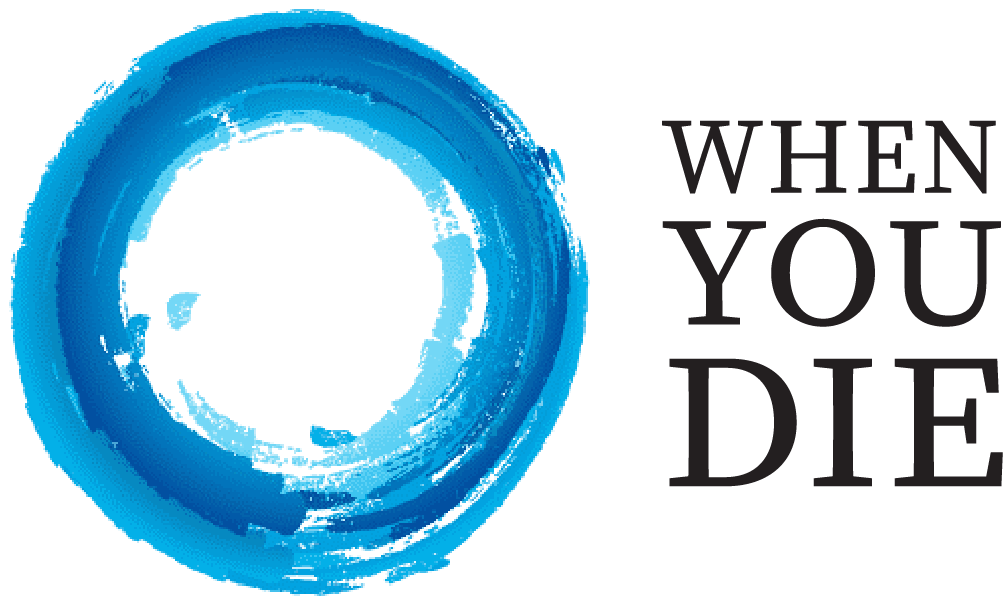Talking about Death with Deborah Luscomb – Podcast Transcription
“It’s absolutely astonishing that all of a sudden there’s life where there wasn’t life before, seemingly. And on the other end, there was life, and then there is no more life.” – Deborah Luscomb

